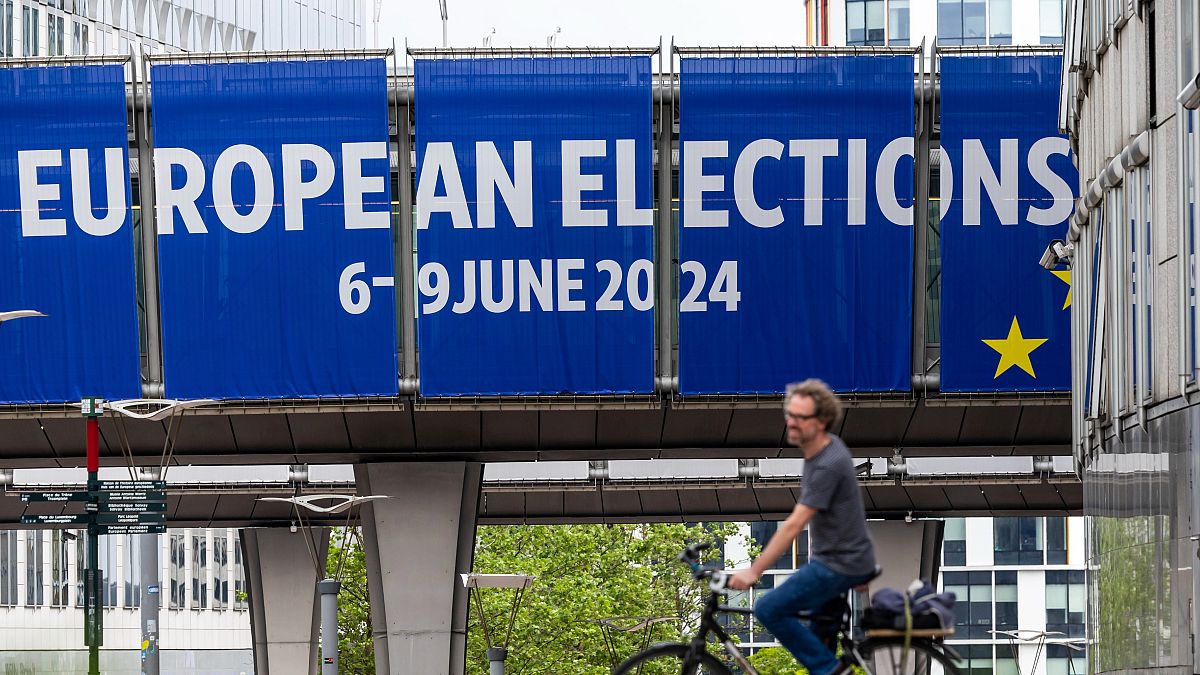In the lead up to the EU elections in June, political parties across Europe are investing heavily in social media advertising to secure votes. Hungarian Prime Minister Viktor Orbán and Belgium’s Vlaams Belang are amongst the top spenders, with Orbán splurging over €60,000 on a single ad that garnered over 10 million views. The ad focused on anti-war sentiments and aligned with Orbán’s pro-Russian stance. In Belgium, Vlaams Belang’s ad promises voters less immigration and more purchasing power, spending between €50,000 and €60,000. Other parties like Renew Europe, Austria’s social democratic party, and Germany’s pro-European Volt are also investing significant amounts in Google ads.
While far-right parties are leading the spending on Google ads, other political groups like Renew Europe and various social democratic and pro-European parties are also investing heavily in social media advertising. The European Parliament itself has spent over €183,000 in France and Germany alone for Facebook ads encouraging people to vote. However, spending levels vary widely across different EU countries, likely due to nationally imposed caps. France, for example, did not show any paid-for political campaigns, while Portugal only had a small spending amount from the European People’s Party.
Major social media platforms like Google and Meta (owner of Facebook) have increased transparency in political ad spending following scandals like Cambridge Analytica and allegations of Russian interference in elections. Despite rules forbidding pre-election spending from abroad and targeting based on political views, some parties have still faced criticism for their online advertising tactics. While European election spending may not reach the levels seen in the US, where candidates can spend millions on a single ad, controversies over political advertising on social media platforms persist.
Ultimately, as the EU elections draw closer, political parties are ramping up their social media ad campaigns to reach and engage with voters across Europe. With parties from various political ideologies investing in digital advertising, the competition for attention and votes is fierce. As online campaigning continues to play a significant role in political communication, the impact of social media ads on voter behavior remains a topic of debate and scrutiny. For voters, it becomes essential to critically evaluate the information presented through these ads and make informed decisions at the polls.









